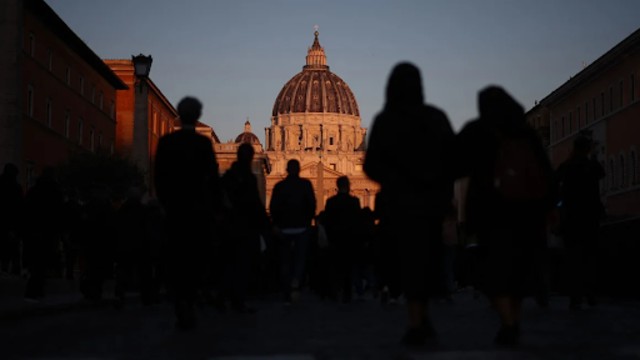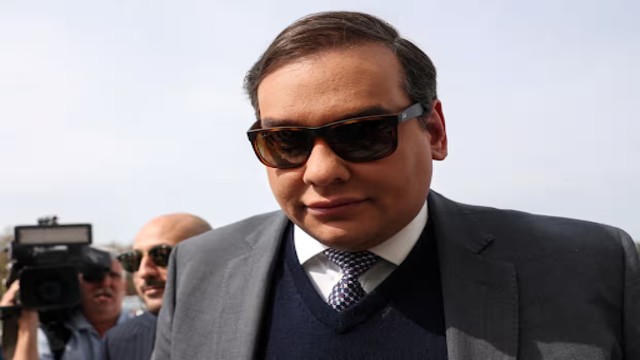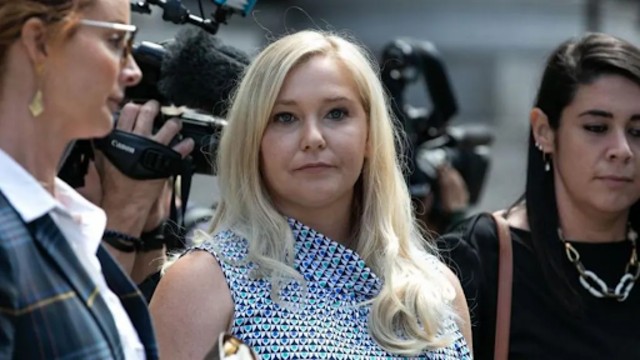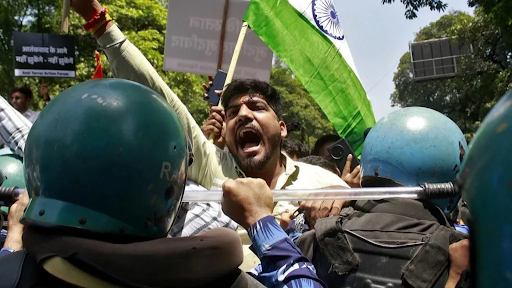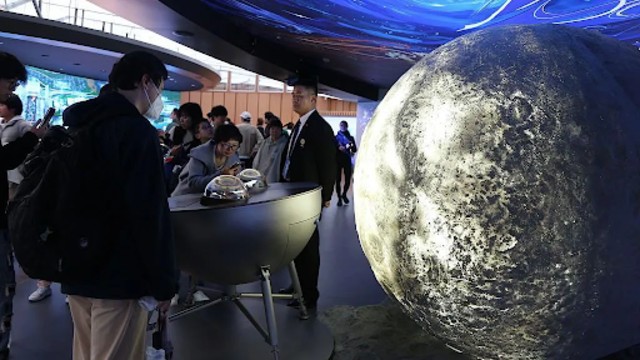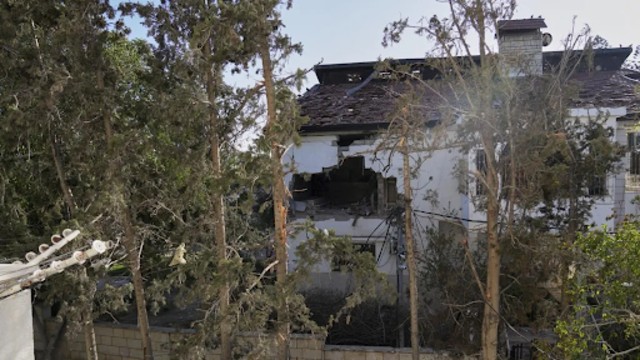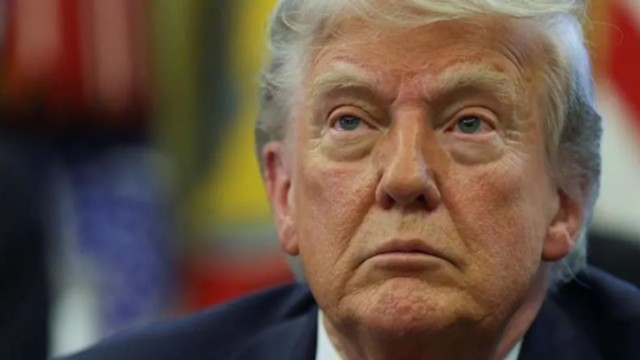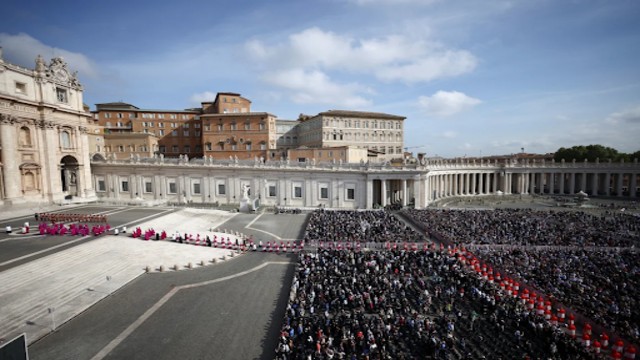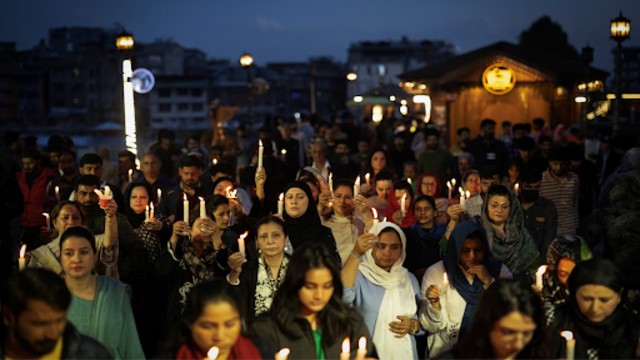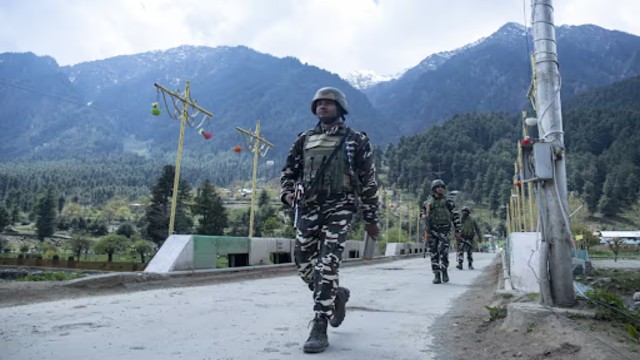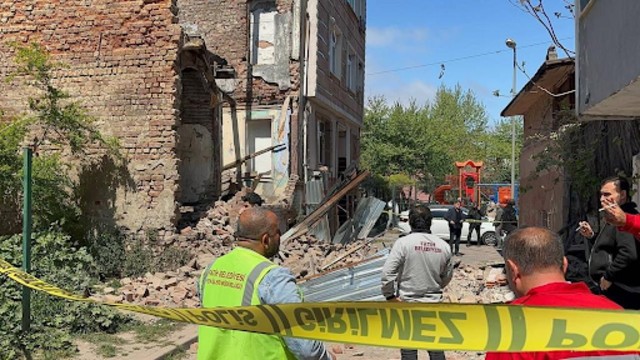
Impeached South Korean President Yoon Suk Yeol attended his impeachment trial at the Constitutional Court in Seoul on January 21, 2025. Reuters
South Korea's anti-corruption agency has referred a case against impeached President Yoon Suk Yeol to prosecutors, recommending charges of insurrection and abuse of power. The charges stem from Yoon’s controversial attempt to declare martial law on December 3, an action swiftly overturned by parliament but which sent shockwaves across the nation.
The anti-corruption agency, known as the Corruption Investigation Office for High-ranking Officials (CIO), announced their findings on Thursday. According to Lee Jae-seung, the deputy chief of the CIO, Yoon is accused of being the mastermind behind the insurrection and of misusing his authority to obstruct others from exercising their rights. “Despite the serious allegations, the suspect remains uncooperative and has refused questioning,” Lee stated during a briefing.
Yoon was impeached and suspended from his presidential duties on December 14. Since his arrest on January 15—marking the first time a sitting South Korean president has been detained—Yoon has consistently refused to cooperate with investigators, ignoring summons and declining to provide statements.
The CIO, which lacks prosecutorial powers, has handed the case to the Supreme Prosecutors’ Office for further action. Prosecutors are expected to seek an extension of Yoon’s detention, currently set to expire on January 28, to allow for formal charges to be filed.
Key Allegations and Testimonies
Investigators have gathered testimonies from military officials that allegedly implicate Yoon in plans to arrest politicians and potentially issue a second martial law order. These claims add weight to the accusations of insurrection, a crime for which South Korean presidents do not have immunity and which carries severe penalties, including the death sentence. However, South Korea has not carried out an execution in nearly three decades.
Yoon's defense minister at the time, Kim Yong-hyun, along with other top officials such as military and police commanders, has already been indicted on related charges. Yoon’s lawyers, however, argue that the CIO lacks the legal authority to investigate insurrection cases. They insist that any criminal proceedings should wait until the Constitutional Court rules on Yoon’s impeachment.
In his defense, Yoon denied allegations of ordering troops to remove lawmakers or instructing the finance minister to allocate funds for an emergency legislative body. His legal team has accused the CIO of conducting an illegal investigation and has called on prosecutors to strictly adhere to the law.
Broader Implications
Yoon’s impeachment and legal troubles highlight a significant moment in South Korea’s political landscape. As a former top prosecutor, Yoon now finds himself under scrutiny by the very legal system he once served. His impeachment trial is ongoing at the Constitutional Court, where former defense minister Kim Yong-hyun is expected to testify as a key witness.
The outcome of this case could have far-reaching consequences for South Korea’s governance and public trust in its institutions. As the investigation unfolds, all eyes remain on the nation’s legal proceedings and the Constitutional Court's verdict.


